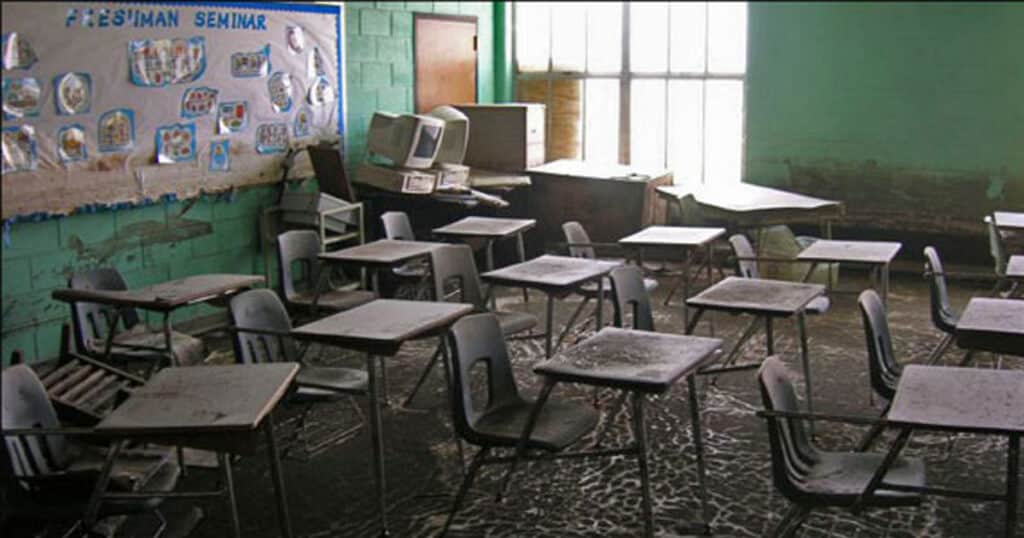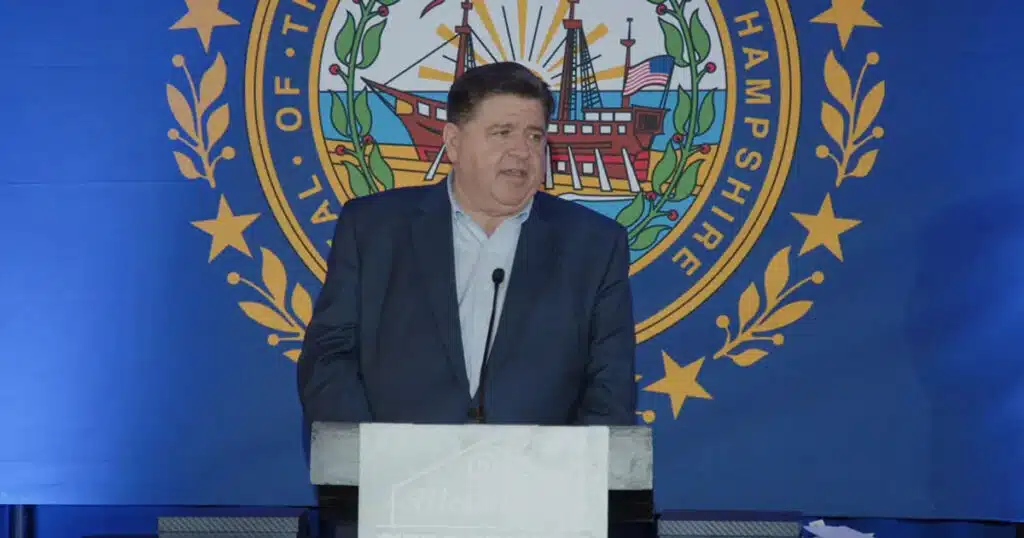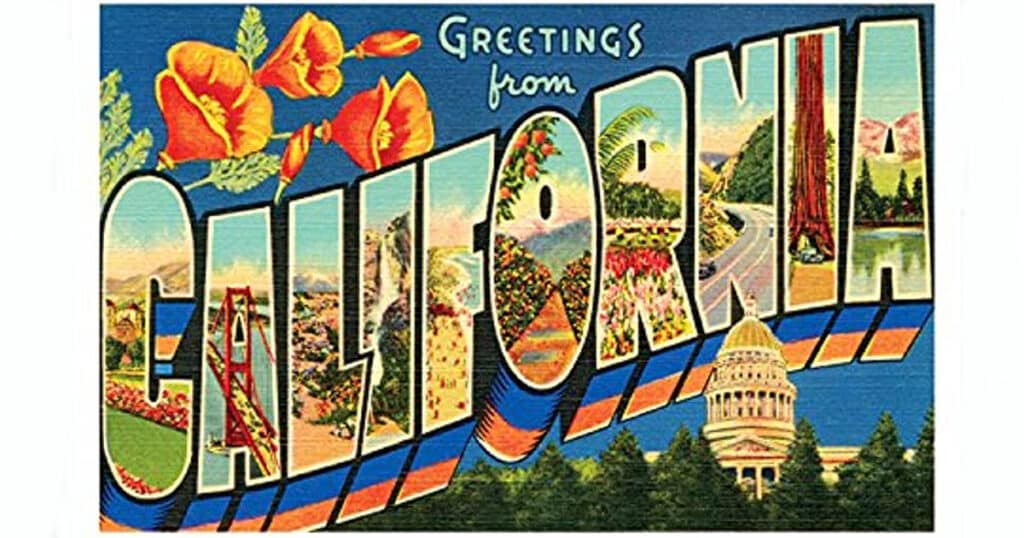
Not All Legislators Use the Poor and Minorities for Political Gain
Hypocrisy — claiming to have beliefs to which one’s behavior does not conform — has long been a defining characteristic of many politicians. But a few brave souls recently have bucked the official party line to stand up for their beliefs and constituents.
Georgia state legislator Mesha Mainor recently announced she is leaving the Democrat party to become a Republican, saying, “For far too long, the Democrat Party has gotten away with using and abusing the black community. For decades, the Democrat Party has received the support of more than 90% of the black community. And what do we have to show for it? I represent a solidly blue district in the city of Atlanta. This isn’t a political decision for me. It’s a moral one.”
Minor says her Democrat colleagues crucified her when she decided to stand up for disadvantaged children in support of school choice.
Kansas Democrat Marvin Robinson hasn’t changed party affiliation, but he is taking a lot of abuse from Democrats for supporting school choice for disadvantaged kids and protecting biological women’s right to compete in the Fairness in Women’s Sports Act. He says one female Democrat in the Legislature told him he should die.
Mainor says, “The most dangerous thing to the Democrat Party is a black person with a mind of their own.”
Kansas Democrats also pressure members to vote against children and for the unions.
Rep. Brad Boyd, an Olathe, Kansas Democrat who serves on the Olathe School Board, says school choice “targets black and brown kids, who can’t afford to attend some of these prestigious private institutions when we take money away from public schools.”
School choice programs do target minorities and low-income students, but quite the opposite of how Boyd contends. First, seven of the eight studies on the effect of choice programs on integration found positive impacts; the other showed no visible impact. That’s because minorities comprise a disproportionate share of student enrollment in choice programs. Second, most studies show that public school students have better outcomes after the introduction of choice programs.
Despite these irrefutable facts, Rep. Boyd and other choice opponents want to keep students trapped in public schools and condemn them to a lifetime of underachievement because that is the will of the teacher unions and other education officials. Only 13% of Black high school students in Boyd’s Olathe district are proficient in math, and more than half are below grade level.
Shockingly low proficiency for Black students isn’t just a Kansas issue; it runs rampant nationwide. The 2022 National Assessment of Educational Progress (NAEP) shows 62% of Black eighth-graders are below basic in math, and only 9% are proficient, for example.
Kansas Republican Mark Schreiber justifies his opposition to choice by saying the state should focus on providing more early childhood education programs. That might seem plausible at face value, but people like Schreiber who are familiar with the workings of the Kansas public school system know that won’t help low-income kids. Legislators have provided more than $5 billion in incremental funding to help those kids since 2005, but state audits consistently find that public school officials refuse to spend that money as state law requires. And the State Board of Education lets them get away with it.
Kansas legislators who oppose school choice know that the public system is consciously leaving behind poor kids in general and Black students in particular, but they refuse to talk about it. State Rep. Valdenia Winn (D-Wyandotte) sees it firsthand as a member of the Kansas City, Kansas, school board, which refuses to follow state law on spending at-risk funding and conducting student needs assessments. Sill, she contends that choice would “kill public education.”
Choice has existed in states like Florida and Arizona for decades and has not ‘killed’ public education. Just look at 4th-grade reading results for low-income kids. Florida students were trailing the national average in 1998; today, they have the highest proficiency level in the nation. Arizona students were three points below the national average, but now they meet the national average.
Politicians know that the public education system harms the low-income families they purport to represent and who would benefit from school choice. Yet they use them as pawns to protect the party and institutional interests.
School choice is perhaps the most bipartisan issue in the nation today, with solid support from parents of all political persuasions. Legislators in both parties should stop protecting education systems and pass universal school choice in every state so that students can get a good education and succeed in life.
Dave Trabert is CEO of Kansas Policy Institute, a nonprofit research and education organization that promotes economic and educational freedom and protects constitutional rights.
This article was originally published by RealClearPolicy and made available via RealClearWire.



